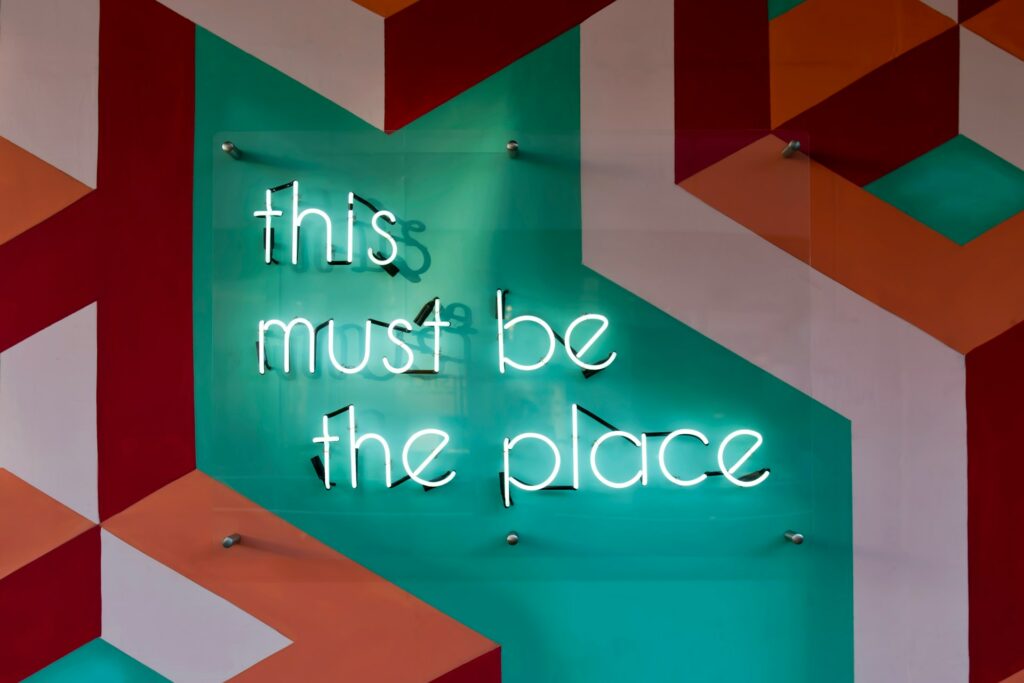
In the relentless rush of today’s world, striking a sustainable balance between work and personal life can seem like an elusive quest. Yet, achieving this equilibrium is not just vital for our mental and emotional well-being – it’s also a cornerstone for professional efficiency and success. At 80Twenty, we understand the importance of this balance in the workplace. As one of the leading hiring agencies, we not only match professionals with roles that suit their skills but also consider their need for a harmonious work-life balance. In this exploration, we uncover practical strategies to help you navigate and sustain work-life balance in our high-speed, digital age.
Understanding the Importance of Work-Life Balance
The concept of work-life balance involves managing professional responsibilities and personal life in a way that reduces stress and prevents burnout. In an age where technology keeps us bound to our jobs beyond traditional working hours, delineating clear boundaries between work and personal time is increasingly challenging. The benefits of maintaining a healthy work-life balance are numerous. It leads to improved mental and physical health, enhances relationships with loved ones, and boosts workplace productivity and satisfaction. When we manage to strike this balance, we create a more fulfilling and less stressful life.
Practical Strategies for Achieving Balance
Achieving work-life balance requires intentional actions and sometimes, significant lifestyle adjustments. Here are some practical strategies:
Time Management: Prioritize tasks and set realistic deadlines. Avoid overcommitting and learn to say no when necessary. Effective time management is key to ensuring that work doesn’t spill over into your personal life.
Setting Boundaries: In today’s digital world, ‘logging off’ can be difficult. Make a conscious effort to disconnect from work during your off-hours. This might mean turning off email notifications or setting a ‘no work calls’ rule during family time.
Self-Care: Incorporate activities that rejuvenate and relax you. This could be regular exercise, pursuing a hobby, or simply making time for relaxation. Self-care is a crucial component in preventing burnout and maintaining overall well-being.
Seeking Support: Don’t hesitate to lean on your support network of family and friends. If needed, professional counseling or coaching can also provide valuable guidance in managing work-life stress.
Sustaining Balance in a Changing World
Maintaining work-life balance isn’t a one-time achievement but a continuous process. Here are some suggestions on how to sustain it.
Flexibility and Adaptability: Be prepared to reassess and adjust your balance strategies as your personal and professional life evolves. What works today may not work tomorrow, and that’s okay.
Embracing Technology Mindfully: Leverage technology to boost efficiency with productivity apps that streamline your tasks. However, it’s important to guard your personal space by setting clear boundaries for tech usage. Use these tools wisely to enhance productivity without allowing them to overwhelm your personal life.
Regular Check-ins: Periodically take stock of your work-life balance. Are you feeling stretched too thin? Is work encroaching on your personal time? Regular check-ins help you stay on track and make necessary adjustments.
Creating and sustaining a work-life balance in today’s fast-paced world is challenging but of course essential. By adopting these strategies and being willing to make adjustments as life changes, you can enjoy the benefits of both a successful career and a fulfilling personal life.
Start by implementing one or two of these strategies today.
Annika Brytnse is the co-founder and CEO of 80Twenty, a company recognized as one of the fastest-growing companies in San Francisco, CA, under her leadership. With a rich background directing prominent Digital Media and Advertising agencies, Annika brings extensive expertise in Media, Marketing, Advertising, and Creative industries. Her profound understanding of these sectors has been instrumental in shaping 80Twenty's success and establishing it as a pivotal player in the industry.




